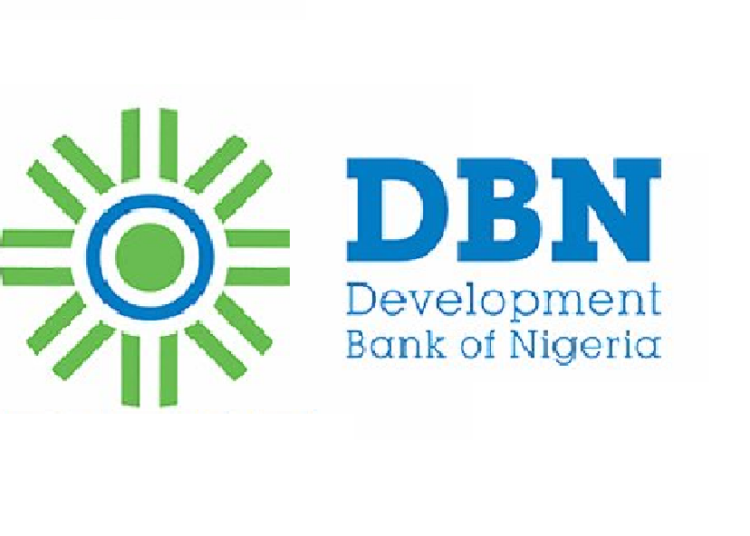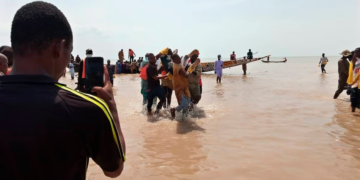In the urgent quest to combat climate change, the sustainability leader, Development Bank Of Nigeria (DBN), Lolade Awogbade has said education remains an indispensable tool to navigate and mitigate the complexities of our changing climate.
Awogbade stated this at an event to commemorate the world education day conference 2024, organised by Womenovate in Abuja.
Organised under the theme “The Impact of Equation: Educational Resilience In The Face Of Climate Change,” the event explored the nexus between education and climate change, seeking solutions that promote resilience and sustainable development.
She emphasised that education is what Nigeria needs to tackle the issue of climate change as most people do not really understand what it is all about.
“There are so many different things that education can be used to raise awareness on climate change. Education is the foundation that Nigeria needs to build in terms of fully developing its country, in terms of its territory and also in providing the awareness that we need as Nigerians to come back to the very real challenges from climate issues that we face today.
“So, once we have the right form of education, we teach our children the ramifications of certain actions or teach them to understand why certain things are happening in a certain way, we can innovate, we can respond to the challenges we face from an informed point of view, saving our future generations.
“So, whether you are in school or out of school, it is important that you raise the necessary awareness so that as a nation it becomes stronger,” she said.
Awogbade expressed the desire of the bank, as a climate change agent in Nigeria, to participate in such programmes.
She said, “It’s something that we believed in because we are a development finance institution but we are about more than profit so we need to also come into conversations that are ongoing about climate change issues that are real and that all Nigerians are facing. We must be a part of this conversation.
“So, we are encouraged by organisations like Womenovate that have programmes like this and whenever we are called upon to have some sort of advocacy input it’s always our pressure to do that.”
Also speaking, Mrs. Mortunrayo Opayinka, the CEO Womenovate said in a world where the effects of climate change are increasingly undeniable, the role of education in fostering resilience and sustainability has never been more critical.
According to her, the impact of environmental shifts are felt across the globe, affecting communities, ecosystems and most importantly, the education sector.
“The impact equation we are exploring today is multifaceted. It encompasses not only the ways in which climate change affects educational systems worldwide but also how education can empower individuals and communities to mitigate and adapt to these challenges.”
On his part, the national project officer (Education for health and wellbeing), UNESCO, Oladeji Adeyemi said education generally, is a tool for achieving lasting solutions.
However, he said there is fear in the country because of insecurity, saying that it has created psychological trauma to many people.
In his words, “Communities have become divided and fractured, creating a threat to democracy which undermines inclusivity and fundamental rights.”
Hate speech, he said, has also spread, including online platforms amplifying hate speech, targeting vulnerable groups. “The consequences include incites, violence, normalizes prejudice, and undermines human rights.”
Adeyemi also said there is need for stricter regulations and effective counter -narratives, while urging citizens to stop sharing anything that incites violence.
He added, “Education builds the capacity to develop critical thinking skills. Critical thinking allows individuals to challenge prejudice, misinformation and discrimination, which can fuel conflict.
“Education exposes individuals to diverse cultures, perspectives and belief systems. This Forsters empathy and understanding, breaking down stereotypes and prejudices that can lead to conflict.
“Education empowers individuals to be active and responsible citizens who contribute to their communities and advocate for peace.”
He emphasised the need to promote education on conflict resolution, peace studies and diplomacy and raise awareness about the impact of violence and the benefits of peace through campaigns, workshops and educational programmes.
“It is important for us to provide training in conflict resolution, negotiation and communication skills. Foster empathy and emotional intelligence to enhance understanding and tolerance.”











